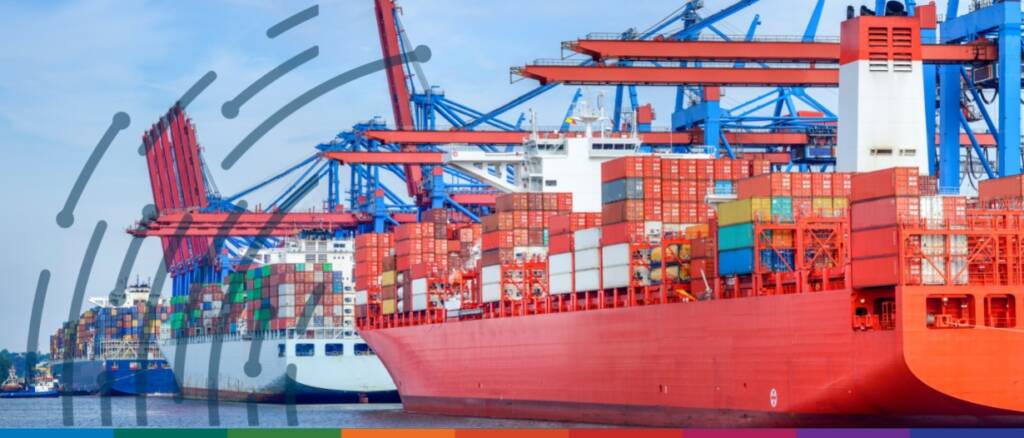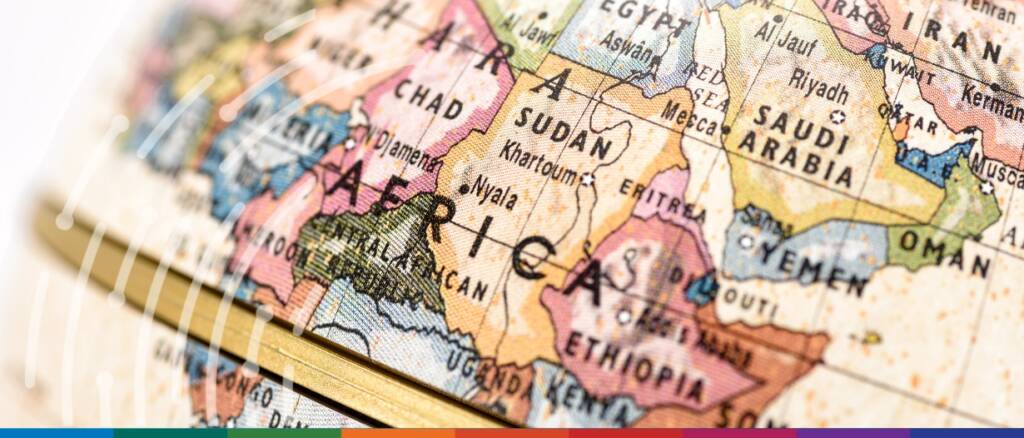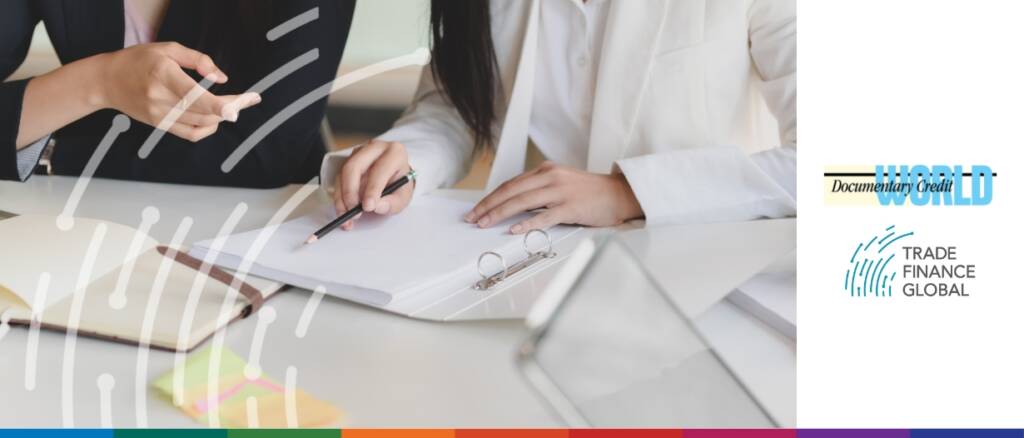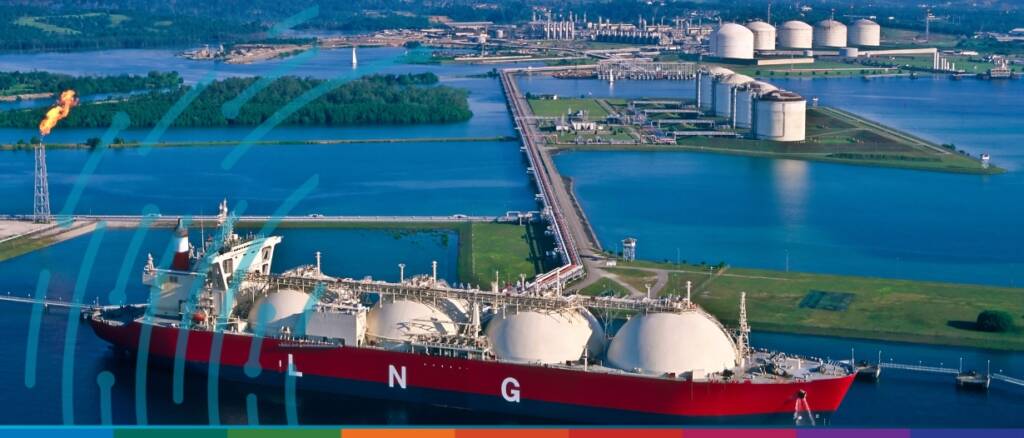If you read the international shipping media during the final quarter of 2022, you would be forgiven for thinking that it’s “Game Over” for international trade.
The shift to a more digital form of globalisation changes who is participating, how business is done across borders, and where the economic benefits are flowing. This creates a new paradigm where not only large corporates, but also retailers, SMEs, and individuals can use international payments, integrated commerce, or trade interfaces regularly.
PANGEA-RISK CEO Robert Besseling anticipates some positive risk trends in Africa in 2023.
Large national infrastructure projects have rarely been delivered at the pace of the UK Freeport programme; in March 2020, the government launched its consultation document, and in March 2021 it was announced that, subject to completing the necessary authorisation processes, the above eight locations would become Freeports.
TFG asked Francoise Huang, senior economist for Asia Pacific and Trade at Allianz Trade, John Miller, chief economic analyst at Trade Data Monitor, and Richard Wulff, executive director at ICISA, to give their thoughts on the 2023 trade environment.
At the IIBLP’s Dubai Trade Law & Compliance Conference held in Dubai on 15 March 2022, one of the panellists referred to the Solo Industries fraud in a panel discussion addressing the recent Singapore case, Credit Agricole Corporate & Investment Bank (CACIB), Singapore branch v. PPT Energy Trading Co.
To learn more about this latest surprise under the tree, Trade Finance Global’s Deepesh Patel spoke with Geoff Wynne, partner and head of the Trade & Export Finance Group at Sullivan and Worcester.
Business-to-business (B2B) transport and delivery practices are governed by Incoterms®, published by the International Chamber of Commerce (ICC). A typical contract for export/import is based on the Incoterms® rules and the contracts that surround it.






















